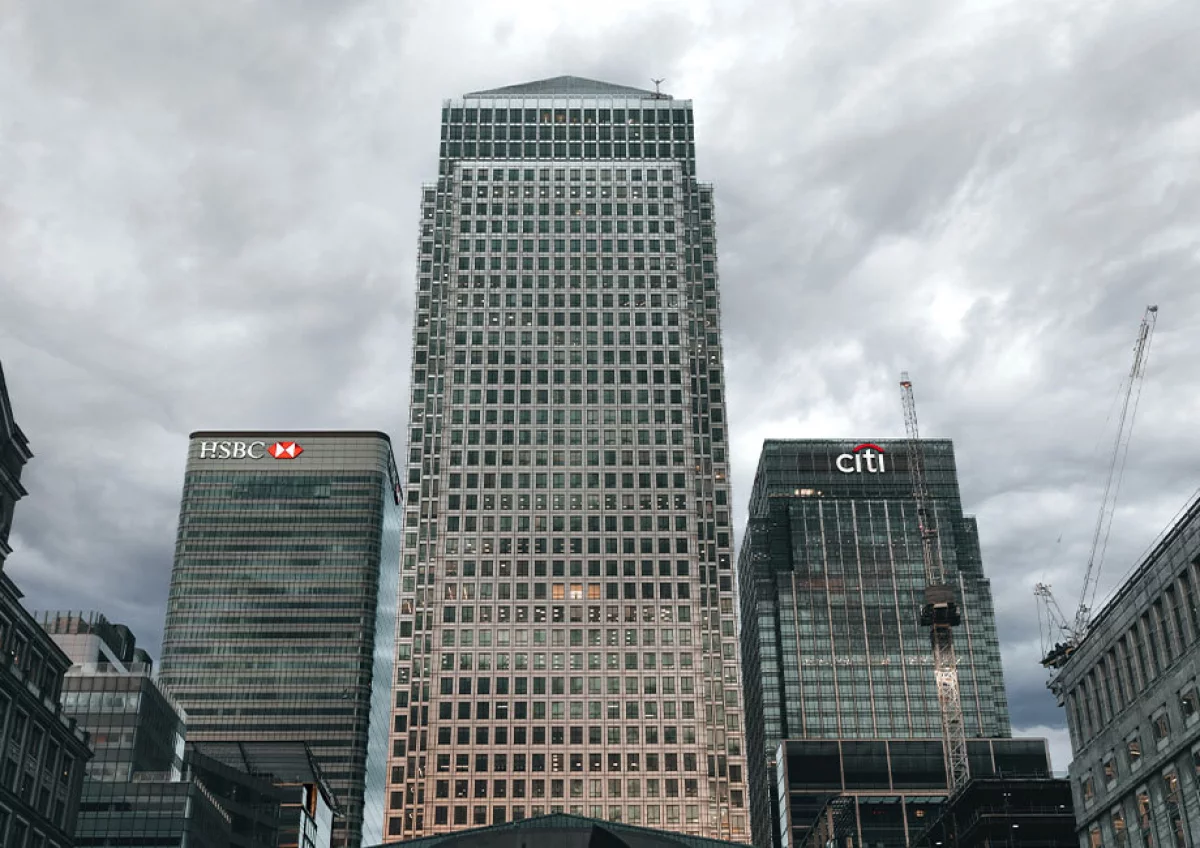Is the UK Economy Beginning to Buckle?
The outlook for construction companies in the United Kingdom is certainly gloomy, as developers with concerns regarding inflation, high borrowing costs and the economy in general have slowed up on house building projects. In fact, in London itself, new home sales have fallen to an 11-year low not seen since 2012 thanks mainly to the cost-of-living crisis and once again the high cost of borrowing.
Interestingly, Country Garden Holdings, China’s largest privately owned home builder, and considered one of the safer bets, missed payments on international debt obligations. Their cash flow problems have also impacted on land in an impoverished part of east London, where 5 years ago a site was purchased to build hundreds of apartments, sadly to date not one brick has been laid. The plans for the land are therefore being impacted not only by the cash crisis in Country Garden Holdings but also the problems facing the UK economy.
Construction however only forms part of the problem as after a strong Q1 and Q2, sadly in August private-sector companies suffered their first contraction in seven months. Experts and economists advise that the impact of higher interest rates is finally beginning to be felt throughout the economy. This had led to more companies and households adjusting their spending downwards thereby reducing demand throughout the economy.
In other parts of the economy, consumers are cutting back on their spending on non-essentials which is impacting on the services sector, which not only represents the largest part of the economy but is now showing signs of weakness. In August data released by the CBI (Confederation of British Industry), showed that retail figures suffered their largest year on year drop for nearly 2 ½ years. Analysts at the Marks and Spencer Group have recently advised that there is a risk that as the year progresses the consumer market may tighten even further.
A number of experts and analysts suggest that as the year progresses more negative data will be released into the market, which may show signs of a further slowdown in the UK economy. According to recent data released, circa 445,000 firms are today in Significant Distress, a year-on-year increase of 8.5%. The Bank of England recently warned the increase in the cost of borrowing has also accelerated the risks of corporate defaults, with some companies cutting back on employment and reducing investment.
Indeed, the Bank of England is expected to raise interest rates again to 5.5% with some commentators suggesting a high of 6% in 2024, the highest for 23 years, further squeezing the pocket of Britain’s consumers. The British economy may or may not be heading for a recession. Many commentators feel this has been avoided, no doubt we will all know by the end of the year.
